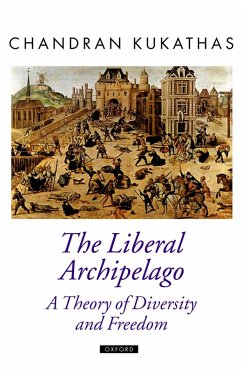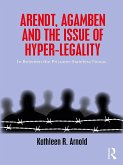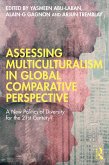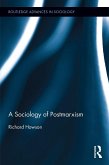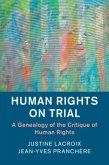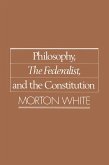In his major new work Chandran Kukathas offers, for the first time, a book-length treatment of this controversial and influential theory of minority rights. The work is a defence of a form of liberalism and multiculturalism. The general question it tries to answer is: what is the principled basis of a free society marked by cultural diversity and group loyalties? More particularly, it explains whether such a society requires political institutions which recognize minorities; how far it should tolerate such minorities when their ways differ from those of the mainstream community; to what extent political institutions should address injustices suffered by minorities at the hands of the wider society, and also at the hands of the powerful within their own communities; what role, if any, the state should play in the shaping of a society's (national) identity; and what fundamental values should guide our reflections on these matters. Its main contention is that a free society is an open society whose fundamental principle is the principle of freedom of association. A society is free to the extent that it is prepared to tolerate in its midst associations which differ or dissent from its standards or practices. An implication of these principles is that political society is also no more than one among other associations; its basis is the willingness of its members to continue to associate under the terms which define it. While it is an 'association of associations', it is not the only such association; it does not subsume all other associations. The principles of a free society describe not a hierarchy of superior and subordinate authorities but an archipelago of competing and overlapping jurisdictions. The idea of a liberal archipelago is defended as one which supplies us with a better metaphor of the free society than do older notions such as the body politic, or the ship of state. This work presents a challenge, and an alternative, to other contemporary liberal theories of multiculturalism.
Dieser Download kann aus rechtlichen Gründen nur mit Rechnungsadresse in A, B, BG, CY, CZ, D, DK, EW, E, FIN, F, GR, HR, H, IRL, I, LT, L, LR, M, NL, PL, P, R, S, SLO, SK ausgeliefert werden.

